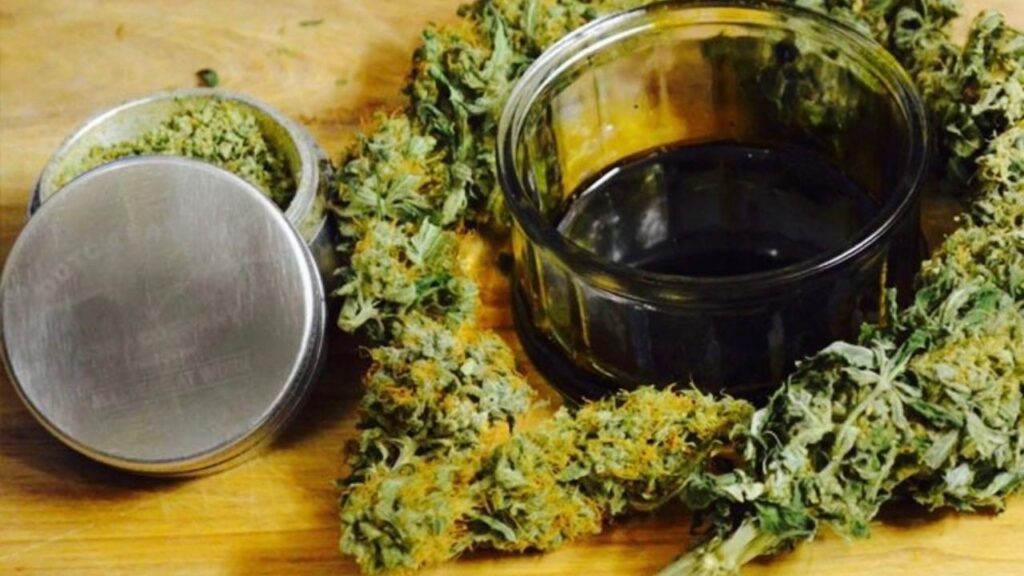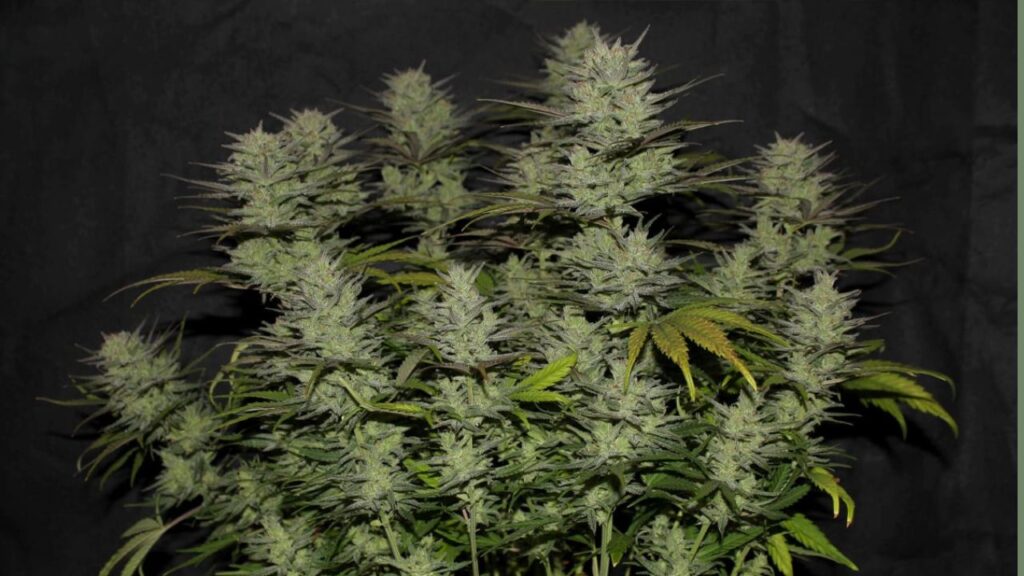Tooth pain can be unbearable, and when you’re desperate for relief, you might consider unconventional solutions like using weed for tooth pain. In this blog post, we’ll explore the world of cannabis strains for pain relief, focusing on whether Indica or Sativa strains are more suitable for alleviating toothaches with Indica or Sativa for toothache.
What Causes Tooth Pain?
Before delving into the specifics of cannabis strains, let’s gain a better understanding of tooth pain. Toothaches can be caused by various elements, including:
- Dental Decay: Dental cavities, also known as dental caries, are a common source of tooth pain.
- Gum Infections: Infections in the gums, such as gingivitis or periodontitis, can lead to toothaches.
- Tooth Sensitivity: Some individuals experience tooth sensitivity to hot or cold temperatures, resulting in discomfort.
- Dental Trauma: Accidents or injuries to the teeth can cause immediate or delayed toothaches.
Knowing the root cause of your tooth pain is essential when considering cannabis as a potential solution.
Weed for Tooth Pain

Cannabis has been used for centuries for its healing properties, including pain relief. The plant contains compounds called cannabinoids, such as THC (tetrahydrocannabinol) and CBD (cannabidiol), which interact with the body’s endocannabinoid system to alleviate pain and reduce inflammation.
When using cannabis to relieve tooth pain, there are two primary types of strains to consider: Indica and Sativa.
Indica Strains: The Relaxing Option
Indica strains are famous for their relaxing and soothing effects. They are often recommended for pain management, including toothaches. Here’s why you might consider an Indica strain:
- Muscle Relaxation: Indica strains can help relax the muscles in your jaw and face, providing relief from tension-related toothaches.
- Pain Suppression: Indica strains typically have higher CBD levels, which are well-known for their pain-relieving properties.
- Improved Sleep: Toothaches can disrupt your sleep, but Indica strains may help you relax and get a better night’s rest.
Sativa Strains: The Energizing Alternative
Sativa strains, in contrast, are more energizing and uplifting. While they are not the go-to choice for pain relief, they can even be beneficial for some individuals dealing with toothaches:
- Distraction: Sativa strains can provide a mental distraction from the pain, making it more manageable.
- Enhanced Mood: These strains can improve your mood, which can be especially helpful when trading with the discomfort of a toothache.
- Increased Focus: Sativa strains can help you stay focused on tasks despite the pain, making them suitable for daytime use.
How Does Cannabis Work to Relieve Tooth Pain?
Cannabis works to relieve tooth pain through CBD Oil Peppermint Cibdex interaction with the body’s endocannabinoid system. The active compounds in cannabis, particularly THC and CBD, attach to cannabinoid receptors in the brain and nervous system. This interaction modulates the perception of pain and reduces inflammation, addressing the root causes of toothache.
THC, with its psychoactive properties, can also provide a distraction from the pain, offering a sense of euphoria and relaxation. CBD, known for its anti-inflammatory and analgesic effects, further complements pain relief by reducing inflammation in the affected area.
In essence, cannabis’s multifaceted approach, targeting both pain perception and inflammation, makes it a potential option for alleviating tooth pain.
THC and Tooth-Related Pain
While cannabis has been acknowledged for its pain management capabilities, spanning from alleviating headaches to mitigating chemotherapy side effects, its effectiveness in addressing tooth-related pain remains relatively unexplored in scientific research.
To date, there exists limited research investigating the impact of cannabis on dental issues. Nonetheless, existing studies on cannabis and its analgesic attributes suggest the possibility of favorable outcomes. One comprehensive review delved into the potential role of cannabis as a dental treatment. Although weed nutrient burn conceded the insufficiency of scientific evidence to substantiate cannabis’s dentistry applications, it ultimately affirmed the robust support for cannabinoids in managing oral diseases.
This review indicates that cannabis could potentially find utility in addressing various dental concerns, including toothaches, bacterial infections like periodontitis, gingivitis, dental cavities, abscesses, inflammation-driven oral ailments, dental cancers, and even dental anxiety.
Cannabis, often recognized for its THC content, frequently features a blend of THC and CBD. CBD is celebrated for its anti-inflammatory and pain-relieving characteristics. Whether it’s a THC-dominant or CBD-dominant strain, the presence of CBD may offer a supplementary avenue for managing toothaches.
Choosing the Right Strain for Tooth Pain
Selecting the right strain for your tooth pain depends on various factors, including the nature of your pain and your personal preferences. Here’s a brief guide:
- Indica for Nighttime Relief: If your toothache is keeping you up at night and you need relaxation and sleep, an Indica strain might be your best choice.
- Sativa for Daytime Distraction: If you have daily responsibilities and need to remain alert while managing your toothache, a Sativa strain could be more suitable.
- Consider Hybrids: Some strains are hybrids, offering a balance between Indica and Sativa effects. These can be a good option for those seeking a middle ground.
- CBD-Dominant Strains: If you want pain relief without the psychoactive effects of THC, consider strains with higher CBD levels.
How to Use Cannabis for Tooth Pain

While cannabis may offer relief from toothaches, pluto runtz strain crucial to use it responsibly and legally. Consult with a medical professional or a skilled budtender at a licensed dispensary to ensure you choose the right strain and dose for your specific needs.
Additionally, be aware of the laws regarding cannabis use in your state or country, as regulations vary widely.
Microdose Your Cannabis
Microdosing involves consuming small, controlled amounts of cannabis to manage tooth pain without experiencing its full psychoactive effects. Start with a minimal dose, monitor your body’s response, and adjust as needed.
Utilize a combination of THC and CBD
Combining THC (tetrahydrocannabinol) and CBD (cannabidiol) can enhance the pain-relieving properties of cannabis. THC helps manage pain, while CBD reduces inflammation and provides overall relaxation. Finding the right balance between the two cannabinoids is essential for effective relief.
Try a Topical Tincture
Topical cannabis tinctures are applied directly to the affected area, providing localized pain relief without the need for ingestion. These tinctures are absorbed through the skin, targeting the specific tooth or gum, causing discomfort. Ensure the tincture has a balanced THC/CBD ratio for optimal results.
Conclusion
In conclusion, when faced with tooth pain, you may consider using cannabis as an alternative remedy. Whether you opt for an Indica or Sativa strain, understanding your pain and preferences is key to making the right choice. Remember to use cannabis responsibly and consult with experts when in doubt. If you’re considering cannabis for toothache relief, it’s important to weigh the potential benefits against any legal or health considerations in your area. Using weed for tooth pain may offer some relief, but indica or sativa for toothache should always be done responsibly and within the boundaries of the law.
FAQ:
Does Sativa Help with Tooth Pain?
Sativa strains can provide a distraction from tooth pain due to their uplifting effects, but Indica strains are often preferred for their better pain-relieving properties.
What is the Best Painkiller for Toothache?
Over-the-counter painkillers like ibuprofen or acetaminophen are commonly recommended for toothaches, but consult a dentist for severe or persistent pain.
Which Leaf is Best for Toothache?
Clove leaves, or oil are often used as a natural remedy for toothache.
What Herb Kills Tooth Pain?
Clove oil, applied topically, is an herb known for its pain-relieving properties for toothaches.













